In today’s fast-paced and demanding world, stress has become an inevitable part of our lives. From work pressures to personal responsibilities, it seems like there’s always something to worry about. However, there are effective ways to manage and cope with stress, and one of the most powerful techniques is mindfulness training.
Mindfulness is the practice of being fully present and aware of our thoughts, feelings, and sensations in the present moment, without judgment. By cultivating mindfulness skills, we can develop a greater sense of self-awareness and learn to respond to stressors in a more calm and balanced way.
Stress management is not just about avoiding or eliminating stress, but also about building resilience and developing the skills to bounce back from adversity. Resiliency training is a key component of effective stress management, as it helps individuals develop the mental and emotional strength to navigate challenges and setbacks.
Effective stress management techniques also include various coping strategies and relaxation techniques. These can range from deep breathing exercises and progressive muscle relaxation to engaging in activities that bring joy and relaxation, such as yoga or spending time in nature. By incorporating these techniques into our daily lives, we can enhance our overall well-being and reduce the negative impact of stress on our physical and mental health.
Understanding Stress and Its Impact on Health
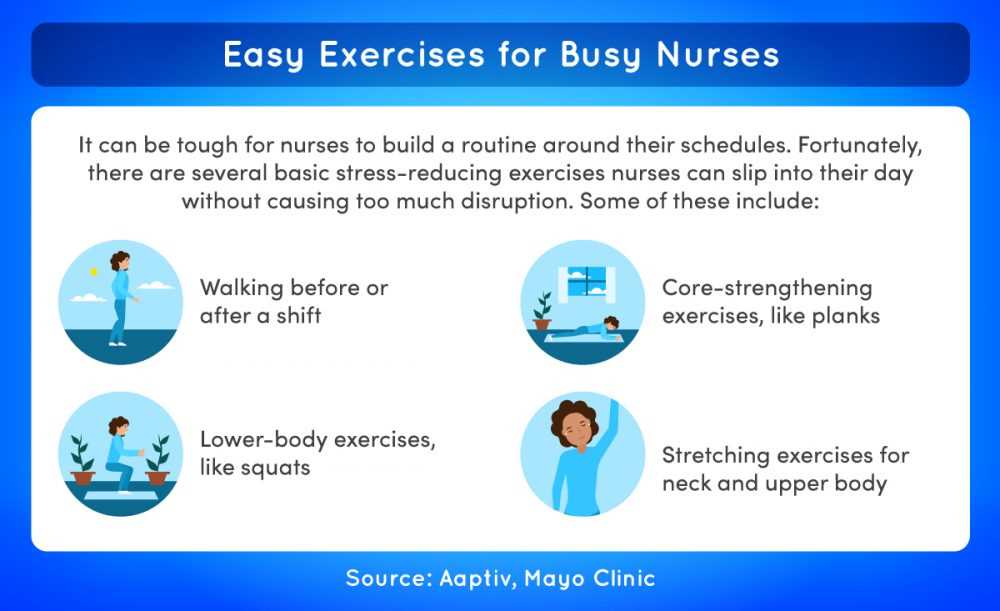
Stress is a natural response to the demands and pressures of daily life. It can be caused by various factors such as work, relationships, financial issues, and health problems. While some stress can be beneficial in motivating individuals to perform better, excessive and prolonged stress can have negative effects on both physical and mental health.
Effective stress management involves developing coping skills and strategies to deal with stress in a healthy way. One such strategy is mindfulness, which involves being fully present and aware of one’s thoughts, feelings, and sensations in the present moment. Mindfulness can help individuals recognize and accept their stressors without judgment, allowing them to respond to stressful situations in a more calm and rational manner.
Training in stress management and resiliency can also be beneficial in building the skills necessary to effectively cope with stress. This type of training often includes techniques such as relaxation exercises, deep breathing, and guided imagery. These techniques can help individuals reduce muscle tension, lower heart rate and blood pressure, and promote a sense of relaxation and well-being.
It is important to understand that stress can have a significant impact on overall health. Chronic stress has been linked to a variety of health problems, including heart disease, obesity, diabetes, and mental health disorders such as anxiety and depression. By learning and practicing effective stress management techniques, individuals can improve their overall well-being and reduce their risk for these health issues.
In conclusion, stress is a common part of life, but it is important to understand its impact on health and develop effective coping strategies. Through mindfulness, training, and the development of relaxation skills, individuals can better manage their stress and promote resiliency in the face of life’s challenges.
The Link Between Stress and Physical Health
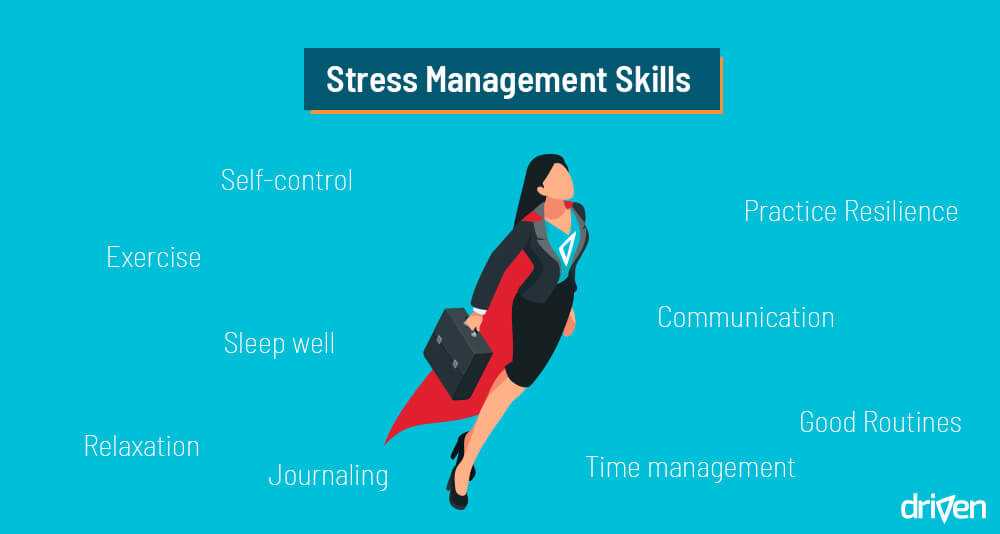
Stress is a natural response to challenging situations and can have a significant impact on our physical health. When we experience stress, our bodies release hormones that can increase heart rate, blood pressure, and inflammation. Over time, chronic stress can lead to a weakened immune system, digestive problems, and an increased risk of developing chronic diseases.
Resiliency and coping skills are essential for managing stress and promoting overall well-being. By learning effective stress management techniques, such as mindfulness and relaxation exercises, individuals can reduce the negative physical effects of stress. These techniques help to calm the mind and body, promoting a sense of balance and reducing the risk of stress-related health issues.
Stress management training programs can teach individuals how to identify their stress triggers and develop healthy coping mechanisms. By building resilience and learning how to effectively manage stress, individuals can improve their overall physical health and reduce the risk of developing stress-related illnesses.
The Connection Between Stress and Mental Well-being

Stress is a natural and inevitable part of life. It can come from various sources such as work, relationships, financial problems, and health issues. While a certain level of stress can be motivating and help us cope with challenges, excessive and prolonged stress can have a negative impact on our mental well-being.
When we experience high levels of stress, it can affect our ability to cope effectively with daily life. This can lead to feelings of overwhelm, anxiety, and even depression. It is essential to recognize the signs of stress and take proactive steps to manage it in order to maintain and improve our mental well-being.
Effective stress management techniques can help individuals build resilience and develop coping skills to deal with stress. Mindfulness and relaxation practices, such as meditation and deep breathing exercises, can help reduce stress levels and promote a sense of calm and well-being. These techniques can also improve focus and concentration, allowing individuals to better manage their stressors.
Developing effective stress management skills can have a positive impact on overall mental well-being. By learning how to identify and manage stress, individuals can improve their ability to cope with challenges and maintain a positive outlook on life. This can lead to increased productivity, better relationships, and an overall sense of happiness and fulfillment.
| Benefits of Effective Stress Management | Techniques for Stress Management |
|---|---|
| – Reduced anxiety and depression | – Mindfulness meditation |
| – Improved cognitive function | – Deep breathing exercises |
| – Enhanced focus and concentration | – Physical activity |
| – Better sleep quality | – Journaling |
| – Increased self-confidence | – Time management |
By incorporating these stress management techniques into our daily lives, we can improve our ability to cope with stress and enhance our mental well-being. It is important to prioritize self-care and make time for relaxation and stress relief activities. With practice and persistence, we can develop the resilience and skills necessary to effectively manage stress and maintain a positive and healthy mindset.
Proven Techniques for Stress Management

Stress is a common part of life, but it doesn’t have to consume you. Learning effective techniques for stress management can help you cope with daily challenges and improve your overall well-being. Here are some proven techniques that can help you manage stress:
1. Relaxation Techniques: Practicing relaxation techniques, such as deep breathing exercises, progressive muscle relaxation, and guided imagery, can help reduce stress levels and promote a sense of calmness.
2. Building Resiliency Skills: Developing resiliency skills can help you bounce back from stressful situations more quickly. This includes cultivating a positive mindset, setting realistic goals, and building a strong support network.
3. Mindfulness: Practicing mindfulness involves focusing your attention on the present moment without judgment. This can help you become more aware of your thoughts and emotions, and better manage stress.
4. Stress Management Techniques: Learning effective stress management techniques, such as time management, prioritization, and problem-solving skills, can help you better handle stressors and prevent them from becoming overwhelming.
By incorporating these proven techniques into your daily routine, you can improve your ability to manage stress, enhance your overall well-being, and build resilience in the face of challenges.
Mindfulness Meditation for Stress Reduction
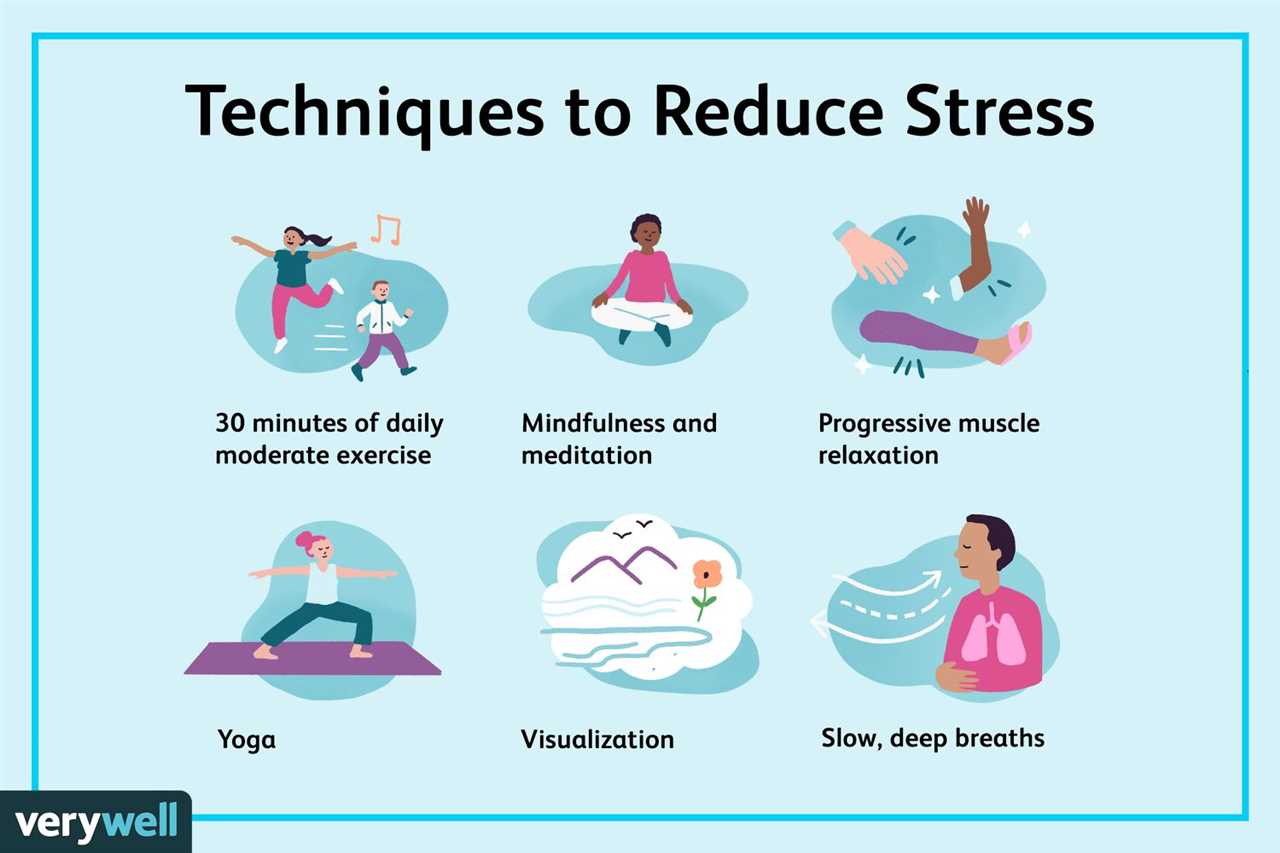
Mindfulness meditation is a relaxation technique that can be used as a valuable skill in stress management and resiliency training. It involves focusing one’s attention on the present moment and accepting it without judgment. This practice has been shown to improve overall well-being and coping abilities.
When practicing mindfulness meditation, individuals are encouraged to observe their thoughts and feelings without getting caught up in them. By doing so, they can develop a greater awareness of their internal experiences and better understand their stress triggers. This increased self-awareness can then be used to implement effective stress management strategies.
Research has shown that mindfulness meditation can reduce stress levels by activating the body’s relaxation response. This response helps to counteract the physiological effects of stress, such as increased heart rate and blood pressure. By regularly practicing mindfulness meditation, individuals can train their bodies to more easily enter a state of relaxation, even in the face of stressors.
In addition to its physiological benefits, mindfulness meditation also enhances emotional well-being. It can help individuals develop a more positive outlook and increase their ability to handle difficult emotions. By practicing non-judgmental acceptance of their thoughts and feelings, individuals can cultivate a sense of resilience and improve their overall mental health.
Overall, mindfulness meditation is a valuable tool for stress reduction and resiliency training. It provides individuals with the skills they need to effectively manage stress and promote their well-being. By incorporating mindfulness meditation into their daily routine, individuals can experience greater peace of mind and improved overall quality of life.
| Keywords: | relaxation, skills, resiliency, well-being, coping, stress, management, training |
Exercise and Physical Activity as Stress Relievers
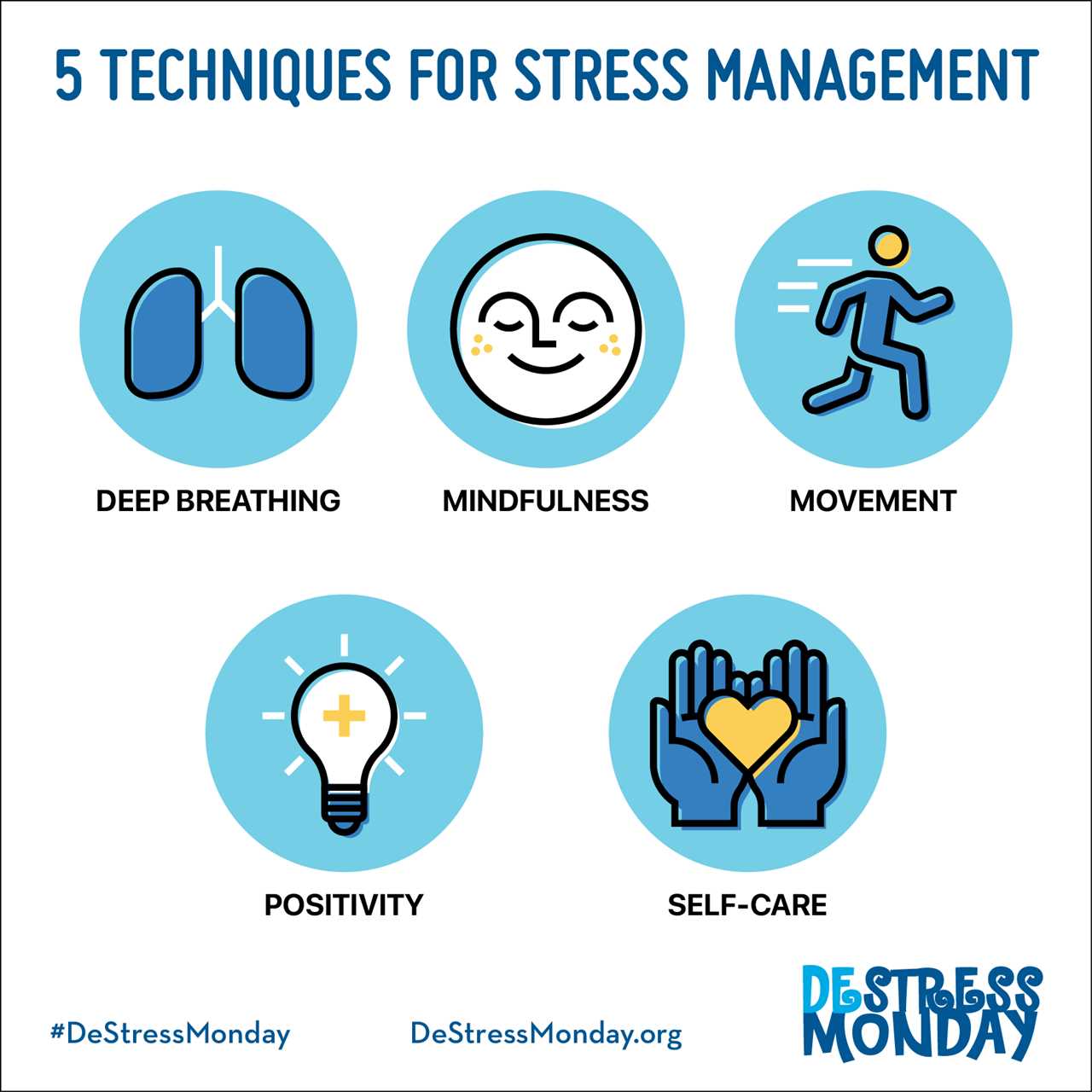
Exercise and physical activity have long been recognized as effective tools for stress management and building resiliency. Engaging in regular exercise can help individuals cope with stress, promote relaxation, and improve overall well-being.
Physical activity has been shown to release endorphins, which are natural mood boosters that can help reduce stress and anxiety. Exercise also increases blood flow to the brain, promoting clarity of thought and improved cognitive function.
Regular exercise can also help individuals develop a sense of discipline and routine, which can be beneficial in managing stress. Setting aside dedicated time for physical activity can provide a break from daily stressors and allow individuals to focus on their own well-being.
There are many different types of exercise and physical activities that can be effective in relieving stress. Some individuals may prefer aerobic exercises such as running, swimming, or cycling, which can help increase heart rate and release tension. Others may find solace in activities such as yoga or tai chi, which promote mindfulness and relaxation.
In addition to the physical benefits, exercise can also serve as a form of social support and connection. Participating in group activities or team sports can provide a sense of camaraderie and support, which can be beneficial in times of stress.
It is important to note that exercise should be approached in a balanced and mindful manner. Pushing oneself too hard or engaging in excessive exercise can actually increase stress levels and lead to burnout. It is important to listen to one’s body and engage in activities that promote both physical and mental well-being.
In conclusion, exercise and physical activity can be powerful tools in stress management and building resiliency. By incorporating regular exercise into one’s routine, individuals can promote relaxation, improve coping mechanisms, and enhance overall well-being.
Healthy Lifestyle Habits to Combat Stress
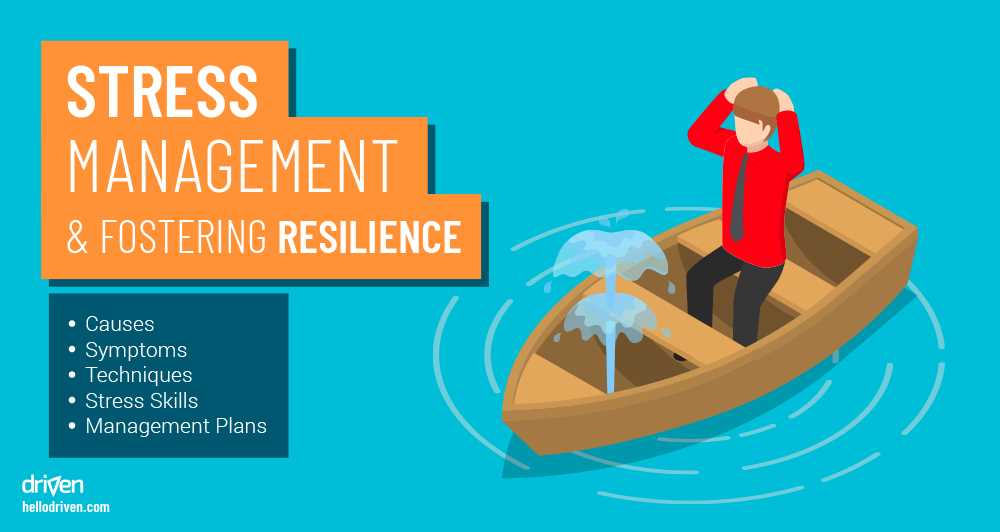
Developing healthy lifestyle habits can greatly improve your ability to cope with stress and enhance your overall well-being. By incorporating these habits into your daily routine, you can build resiliency and effectively manage stress.
1. Exercise: Engaging in regular physical activity is essential for stress management. Exercise not only helps reduce stress levels but also improves mood and promotes better sleep.
2. Mindfulness: Practicing mindfulness techniques, such as meditation or deep breathing exercises, can help you stay present and focused, reducing stress and promoting relaxation.
3. Healthy Diet: Eating a balanced diet rich in fruits, vegetables, whole grains, and lean proteins can provide your body with the nutrients it needs to function optimally and support your mental well-being.
4. Adequate Sleep: Getting enough sleep is crucial for stress management. Aim for 7-9 hours of quality sleep each night to allow your body and mind to rest and rejuvenate.
5. Social Support: Building a strong support network of friends and family can provide you with a sense of belonging and help you manage stress more effectively. Seek out positive relationships and take time to connect with others.
6. Time Management: Effective time management skills can reduce stress by helping you prioritize tasks, set realistic goals, and create a sense of control over your schedule.
7. Relaxation Techniques: Engage in activities that promote relaxation, such as taking a warm bath, listening to calming music, or practicing yoga. These techniques can help reduce stress and promote a sense of calm.
8. Limiting Caffeine and Alcohol: While it may be tempting to use caffeine or alcohol as a coping mechanism for stress, these substances can actually exacerbate stress levels. Limit your intake to promote overall well-being.
By incorporating these healthy lifestyle habits into your daily routine, you can develop the skills and coping mechanisms necessary to effectively manage stress, enhance your resiliency, and improve your overall well-being.
Building Resiliency Through Training and Support
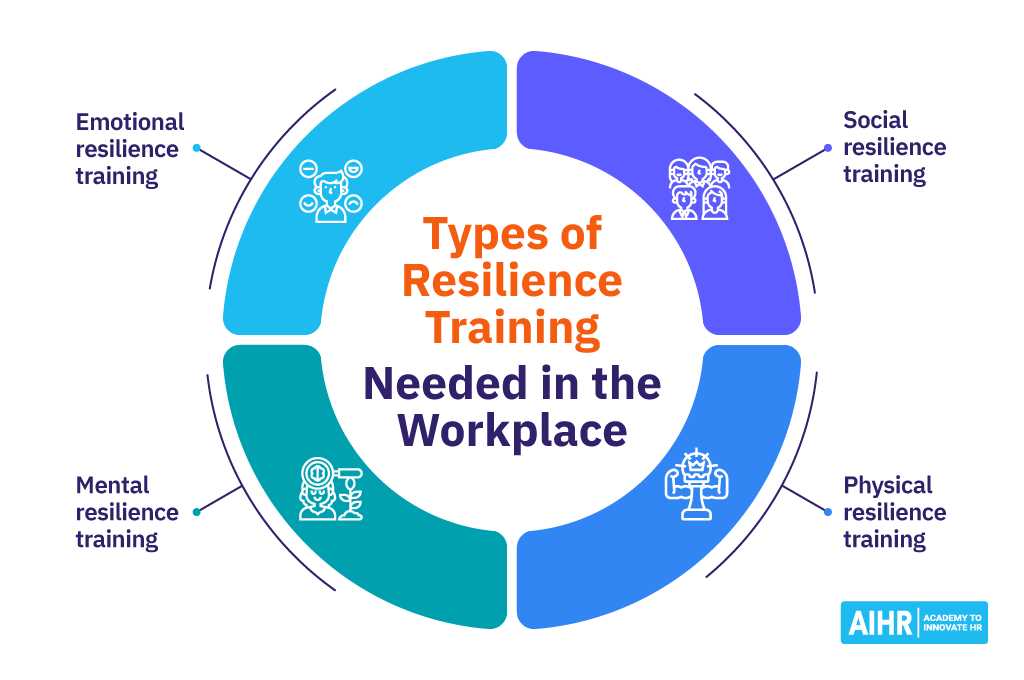
Effective stress management and resiliency training techniques can help individuals develop the skills they need to cope with stress and build resilience. Resilience is the ability to bounce back from difficult situations and adapt to change, and it is an important trait for maintaining mental and emotional well-being.
Mindfulness and relaxation techniques are key components of resiliency training. These practices help individuals become more aware of their thoughts and emotions, and can help them develop a greater sense of control over their reactions to stress. Mindfulness involves focusing on the present moment without judgment, while relaxation techniques such as deep breathing and progressive muscle relaxation can help calm the body and mind.
Stress management training is also an important aspect of building resiliency. This type of training teaches individuals how to identify and manage stressors in their lives, as well as how to develop healthy coping strategies. By learning effective stress management techniques, individuals can reduce the negative impact of stress on their overall well-being.
Support from others is another crucial component of building resiliency. Having a strong support network can provide individuals with the encouragement and resources they need to navigate difficult times. This support can come from friends, family, or even support groups or therapy sessions.
| Benefits of Building Resiliency | Skills Developed |
|---|---|
| Improved mental and emotional well-being | Mindfulness |
| Reduced stress levels | Relaxation |
| Enhanced ability to adapt to change | Stress management |
| Increased self-confidence | Coping |
Overall, building resiliency through training and support is an effective way to develop the skills necessary to cope with stress and thrive in the face of adversity. By incorporating mindfulness, relaxation, stress management, and coping techniques into daily life, individuals can build their resiliency and improve their overall well-being.

I am Patrina de Silva, a psychologist and mental health blogger in Sri Lanka. After obtaining psychology degrees from the University of Colombo and Monash University, I returned home to work as a counselor while also starting the popular blog “Pressy but Happy” to provide advice on psychological issues. Over the past decade, my empathetic articles have made my blog a leading mental health resource in the country. In addition to writing, I maintain a private therapy practice, frequently volunteer counseling time, and conduct seminars, driven by my passion for destigmatizing mental illness and educating the public on the mind-body connection. I strive to be an influential voice in my field through my compassionate approach.
